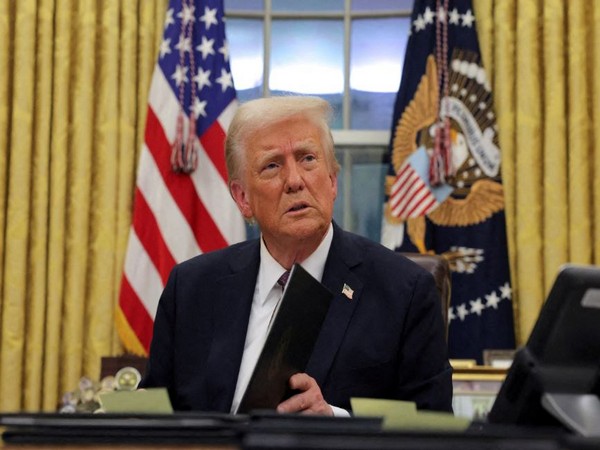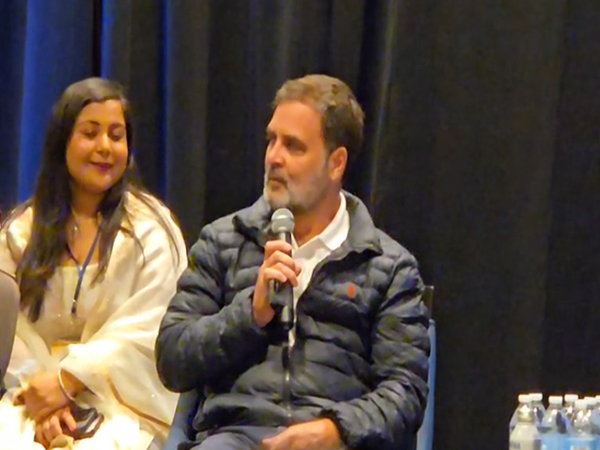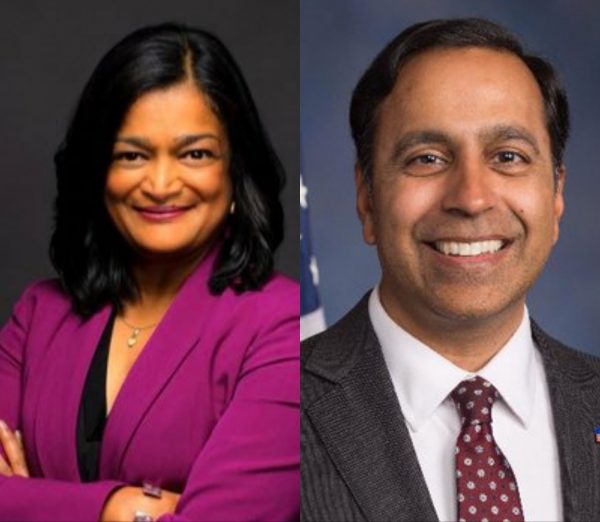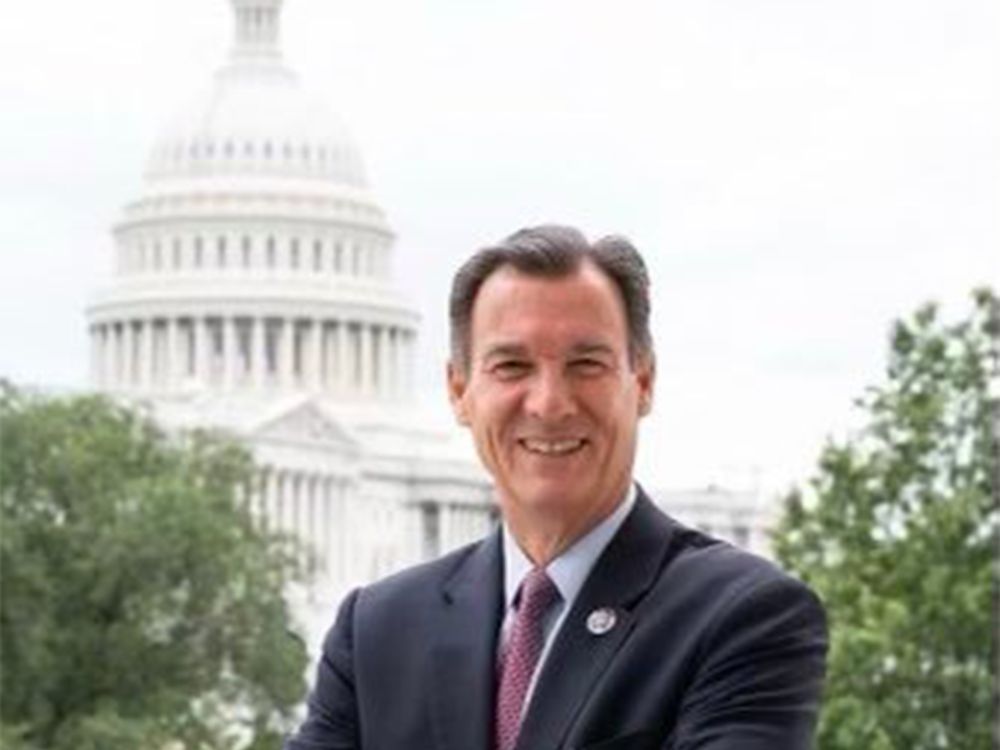Our Bureau
Seattle, WA
In a decision with far-fetched implications for Indians residing in the US, a federal judge in Seattle has temporarily blocked former President Donald Trump’s executive order seeking to terminate birthright citizenship in the United States, calling the policy “blatantly unconstitutional,” CNN reported. Signed by Trump on Inauguration Day, the executive order is set to take effect on February 19, causing unease amongst Indian Americans and setting off many expectant Indian parents in the US to go for preterm C-sections for baby’s delivery before the deadline.
Issuing a temporary restraining order on Thursday, Judge John Coughenour, a Reagan appointee, responded to a legal challenge by Washington Attorney General Nick Brown and three other Democratic-led states. The restraining order halts the implementation of the policy for 14 days, allowing for further legal briefings.
“I have been on the bench for over four decades. I can’t remember another case where the question presented was as clear,” Judge Coughenour stated, expressing disbelief that the executive order could have been signed. “Where were the lawyers” when this decision was made, the judge asked, saying it “boggled” his mind that any legal professional would assert the order’s constitutionality.
The lawsuit argues that Trump’s executive order violates the 14th Amendment of the US Constitution, which guarantees citizenship to all children born on American soil “and subject to the jurisdiction thereof.” According to Lane Polozola, an attorney representing the state of Washington, “births cannot be paused” during the legal proceedings. He added, “Babies are being born today here, and in the plaintiff states and around the country, with a cloud cast over their citizenship.”
Polozola further emphasized the potential harm to children who could be denied citizenship under the policy, saying they would face “long-term substantial negative impacts.”
He argued that the administration’s filings thus far not only failed to address these harms but suggested that harm “appears to be the purpose” of the order. He also pointed out the financial and logistical burdens on state programs that would arise if children were excluded from federal benefits due to their citizenship status, reported CNN.
The Trump administration contends that the 14th Amendment’s clause, “subject to the jurisdiction thereof,” permits the president to exclude children of undocumented immigrants and even those whose parents are lawfully present but lack permanent legal status. Justice Department attorney Brett Shumate argued against the emergency order, urging the court to allow more time for briefing on the policy. “I understand your concerns,” Shumate said, but cautioned against a “snap judgment on the merits.”
At the White House, Trump expressed his administration’s intent to challenge the ruling. Meanwhile, additional lawsuits against the executive order have been filed, including cases brought by Democratic attorneys general, immigrant rights groups, and individual plaintiffs.
During a separate legal proceeding in Maryland, Justice Department Attorney Brad Rosenberg acknowledged that federal agencies had not yet taken steps to enforce the order. “The executive order was issued three days ago during a time of change of administration. And so, it’s very early for the agencies to develop their policies that would be necessary” for implementation, Rosenberg told US District Judge Deborah Boardman.
A hearing in that case is scheduled for February 5 to consider the plaintiffs’ request to block the policy temporarily, CNN reported.
In New Hampshire, the American Civil Liberties Union, along with other civil rights and immigration groups, has filed another legal challenge. A federal judge there is set to hold a hearing on February 10 to address the plaintiffs’ request for a preliminary injunction against the order.
US President Donald Trump signed an Executive Order on Monday, January 20, 2025, shortly after taking office. The order revoked the “citizenship by birth” provision, which could have a direct impact on thousands of Indian professionals who were hoping to raise their families in the United States while working under H-1B and other temporary visas.


























